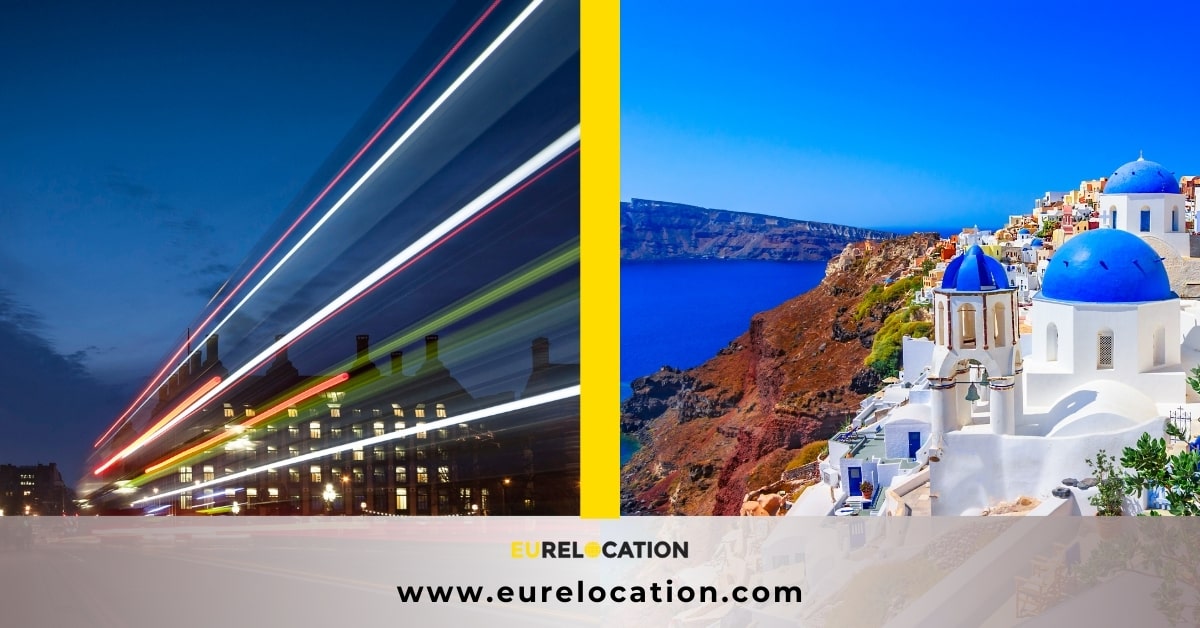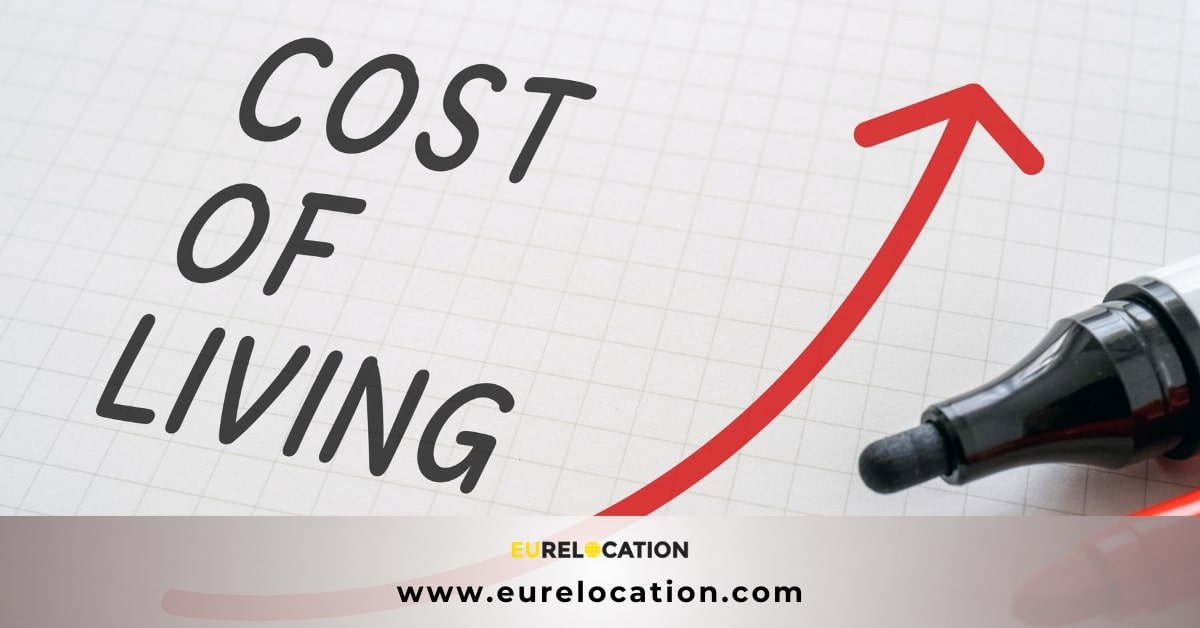Learning new languages in Europe presents both challenges and opportunities for personal and professional growth. Whether you’re a digital nomad, expat, or traveler, mastering local languages enhances cultural immersion and facilitates deeper connections. This comprehensive guide offers practical insights into navigating language barriers across Europe, highlighting the importance of linguistic diversity and providing effective strategies for language acquisition.
Importance of Learning Languages in Europe
Europe stands out for its rich linguistic diversity, boasting over 200 indigenous languages alongside major ones like English, Spanish, French, German, and Italian. While English serves as a lingua franca in many tourist hubs and business settings, speaking the local language goes beyond mere communication—it fosters respect, smoother interactions, and a profound appreciation of local customs and traditions.
Tips for Learning Languages in Europe
Start with Basic Phrases in Languages in Europe
Begin your language journey by mastering essential greetings, expressions of gratitude, and common conversational starters. Simple phrases not only break the ice but also demonstrate cultural respect and eagerness to engage with locals on their terms.
Immerse Yourself in the Culture
Cultural immersion is key to language acquisition. Engage with local music, films, literature, and events to familiarize yourself with accents, idioms, and everyday vocabulary. This exposure not only accelerates learning but also provides insights into the cultural contexts in which the language is used.
Take Language Classes
Formal language classes offered by local institutions, community centers, or universities provide structured learning environments. These courses typically cover grammar, vocabulary, pronunciation, and cultural nuances, offering a solid foundation for language proficiency.
Practice Regularly Languages in Europe
Consistent practice is essential for language fluency. Seek opportunities to converse with native speakers—whether through language exchange meetups, social gatherings, or everyday interactions. Embrace mistakes as part of the learning process and gradually build confidence in your speaking abilities.
Utilize Language Learning Apps
Mobile apps such as Duolingo, Babbel, and Memrise offer interactive exercises, quizzes, and audio lessons tailored to different proficiency levels. These apps provide flexibility, allowing you to learn at your own pace while tracking your progress and reinforcing newly acquired skills.
Overcoming Language Challenges in Europe
Accent and Pronunciation in Languages in Europe
Mastering accent and pronunciation requires active listening and speaking practice. Mimic native speakers, seek feedback, and focus on refining your intonation to improve comprehension and fluency.
Grammar and Syntax
Each language has unique grammar rules and sentence structures. Dedicate time to understanding these fundamentals through practice exercises, language guides, and immersive learning experiences.
Cultural Sensitivity
Language proficiency is closely linked to cultural understanding. Respect local customs, etiquette, and communication styles to navigate social interactions gracefully and build meaningful connections.
Benefits of Multilingualism
Enhanced Travel Experience
Speaking the local language enhances travel experiences by enabling deeper interactions with locals, discovering hidden gems, and navigating cultural nuances with confidence and sensitivity.
Career Advantages
Multilingualism is increasingly valued in the global job market. It enhances cross-cultural communication skills, opens doors to international career opportunities, and demonstrates adaptability and cultural competence to potential employers.
Cognitive Benefits
Learning languages stimulates cognitive functions such as memory, problem-solving, and multitasking. It enhances brain plasticity, improves overall cognitive abilities, and may even delay cognitive decline in later years.
Ready to Master Languages in Europe?
Mastering languages in Europe is not just about acquiring language skills—it’s about embracing cultural diversity, expanding your worldview, and forging meaningful connections across borders. Whether motivated by personal enrichment, career advancement, or cognitive benefits, learning local languages enriches your experience and deepens your appreciation of Europe’s cultural tapestry.
By immersing yourself in language and cultural immersion, leveraging educational resources, and embracing real-world practice, you can overcome language barriers effectively. Start your language learning journey today and unlock the boundless opportunities that await within Europe’s diverse linguistic landscape.









